PhMA president: The 50,000 subsidised surgeries could reduce waiting times
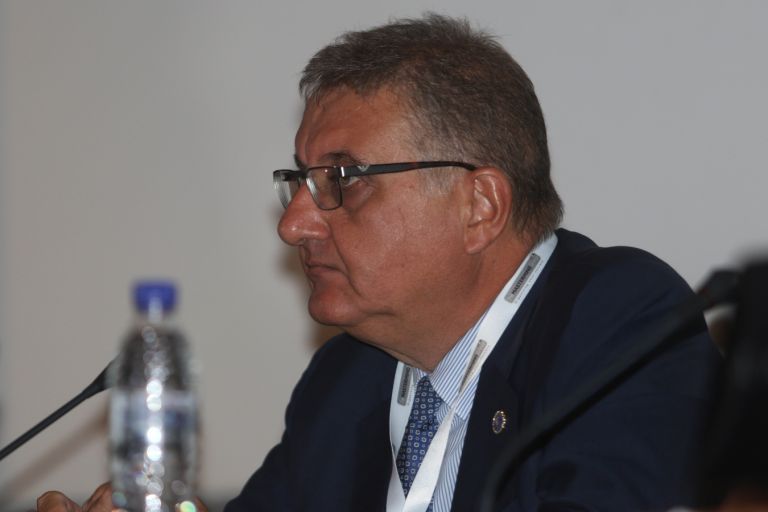
Πηγή Φωτογραφίας: O ΑΡΧΙΕΠΙΣΚΟΠΟΣ ΙΕΡΩΝΥΜΟΣ ΣΤΟ 3ο ΔΙΕΘΝΕΣ ΑΘΛΗΤΙΚΟ ΣΥΝΕΔΡΙΟ ΚΑΡΔΙΟΛΟΓΙΑΣ //ΧΡΗΣΤΟΣ ΜΠΟΝΗΣ//ΑΡΧΙΕΠΙΣΚΟΠΗ ΑΘΗΝΩΝ
Judging by past experience with paid afternoon outpatient appointments in hospitals, the paid afternoon surgeries are not likely to have a major impact on waiting lists for free national health system operations in the morning, said the president of the Panhellenic Medical Association (PhMA), Athanasios Exadaktylos. He was speaking in an interview with ANA journalist Tania Mantouvalou on Saturday, on the ANA radio station ‘Praktoreio FM’.
“However, if we have 50,000 subsidised surgeries using European Union funds in the afternoon, this will make the greatest contribution to reducing waiting times,” he added, while noting that their impact on under-the-counter payments to doctors – known as ‘fakelakia’ – remained to be seen.
“Theoretically, with afternoon surgeries these should be reduced. We must see what actually happens in practice, however, as this can often surprise us. I say this because whenever we had a crackdown and hunt for ‘fakelakia’, we did not see any reduction in the phenomenon,” he added.
Talking about the recent changes introduced in public healthcare, he dismissed the talk of “privatisation” as exaggerated: “We have had paid afternoon outpatient clinics since 2001 in the National Health System. Healthcare was not privatised in this manner. In addition, since 2012 we have had EOPPY contributions in all operations carried out in the private sector. Are private hospitals public? Clearly not. It is best to be a little sparing with exclamatory remarks.”
He also answered questions on the institution of ‘personal doctors’, where he noted that the choice was often imposed by necessity, and on incentives that are needed to attract specialists that are in short supply to rural and remote areas. “At this time the shortages are not universal and do not concern everyone to the same degree. For example, in Thessaloniki there are hospitals that have anaesthetists and there are hospitals that don’t… overall we have a problem with anaesthetists, microbiologists, radiologists and recently there is the addition of pathologists-anatomists. The system, generally, is not attractive and must both increase salaries and improve conditions of employment. Remote and island areas need additional incentives,” Exadaktylos said, noting that a discussion was underway with the minister on possible financial incentives, as well as help with housing and family life and additional scientific incentives. A discussion was also underway with the minister and companies on incentives to encourage young doctors to choose to the specialities in short supply, he added.
Exadaktylos explained why the PhMA disagrees with NHS doctors having a private practice, as envisaged in a draft bill now in public consultation until March 19. “Our disagreement is based on the fact that, in this way, we will have fewer doctors in our hospitals, which need to be reinforced. There must be a way for the hospitals to attract people from otuside and not for the reverse to be happening because pay is low,” he said.
Asked why he had chosen to be a candidate with New Democracy in the European elections, Exadaktylos said that healthcare was a top issue in both the Greek and European political scenes “and it is better if we who see the problems on a daily basis are involved, rather than bureaucracy.”
Διαβάστε όλες τις τελευταίες Ειδήσεις από την Ελλάδα και τον Κόσμο





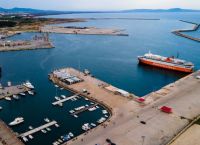

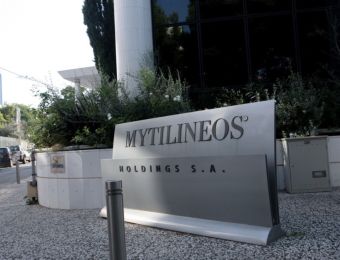
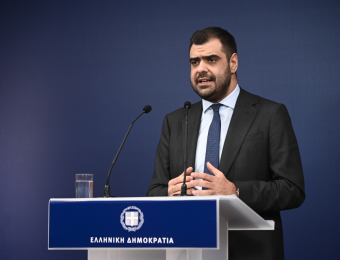
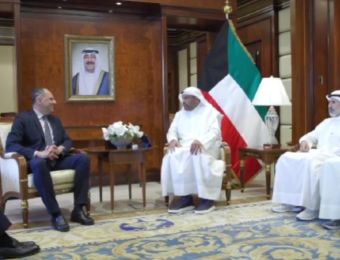
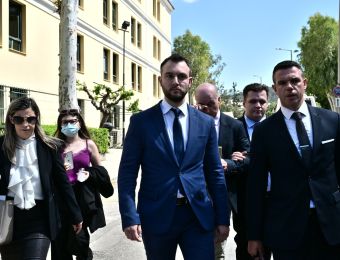
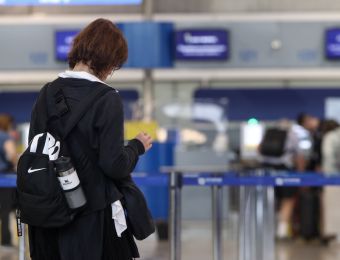

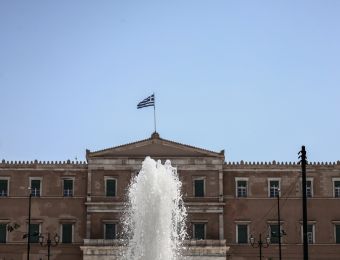
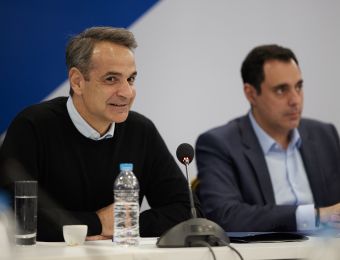
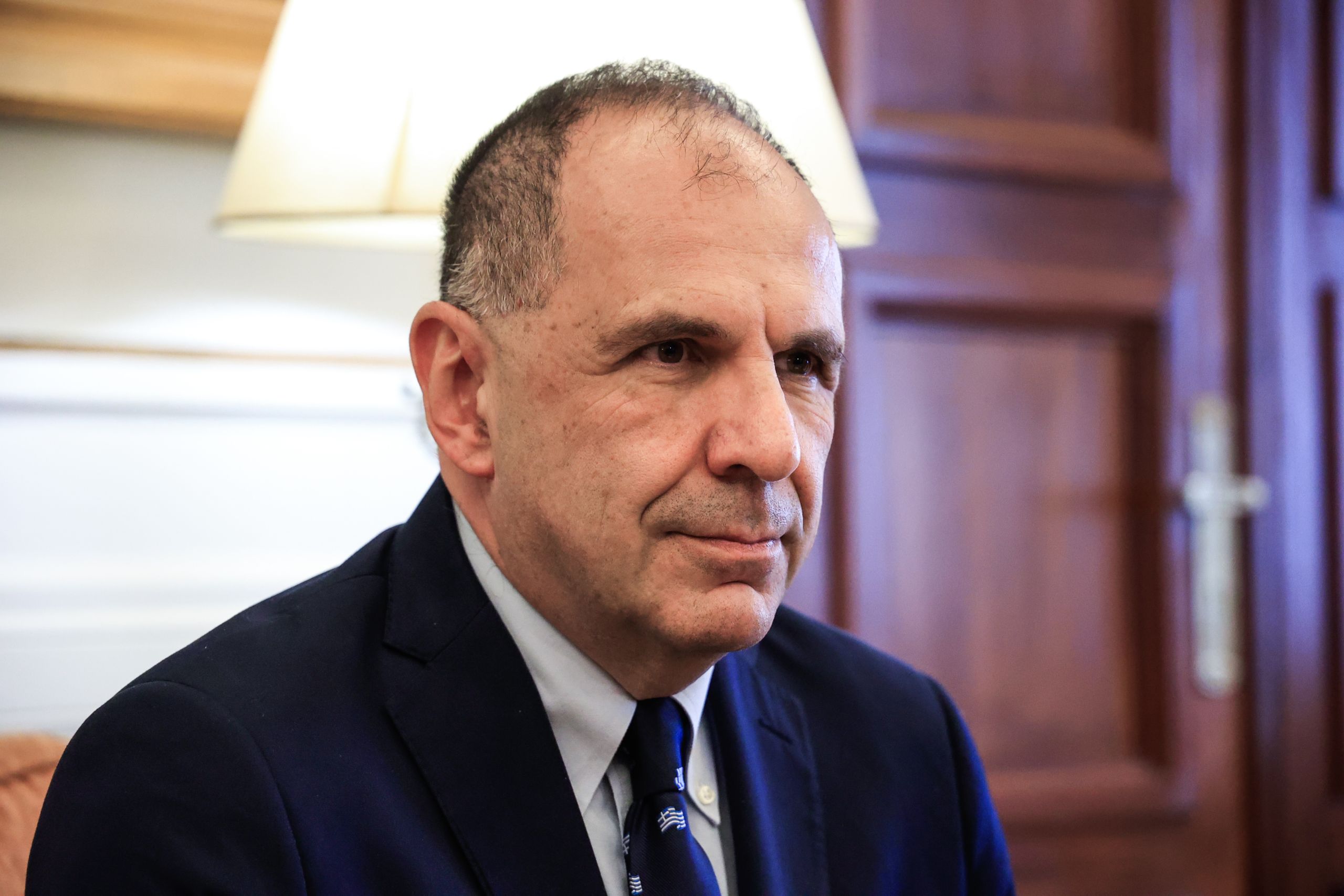
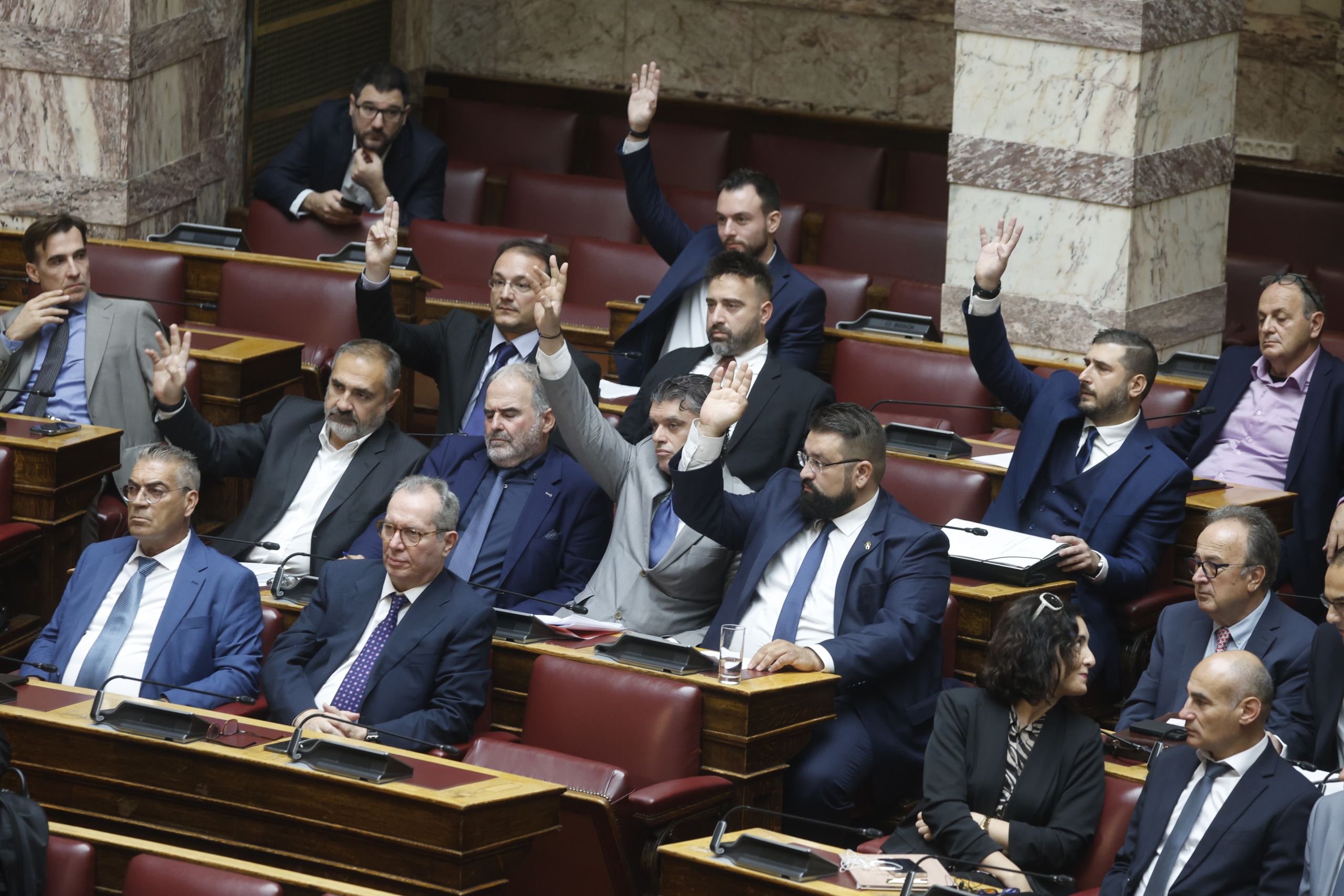
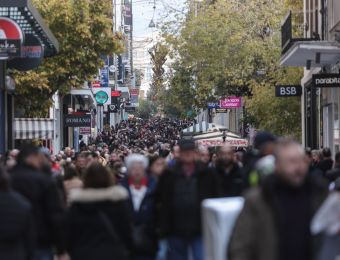
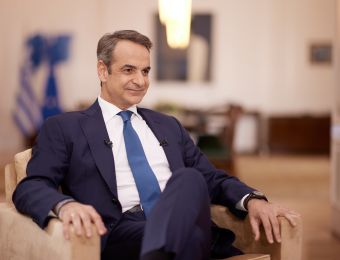
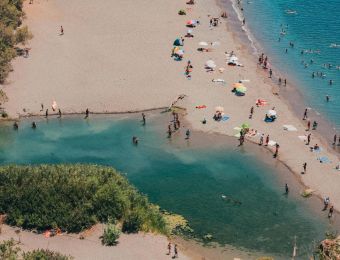
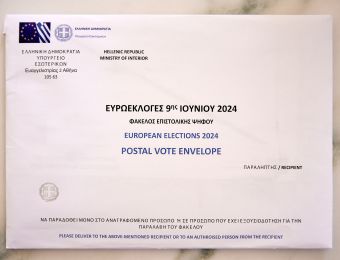
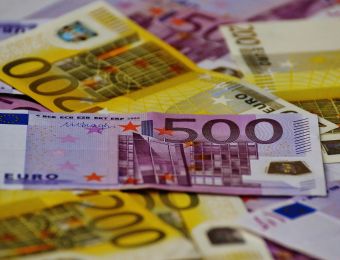
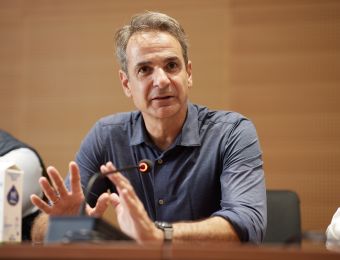
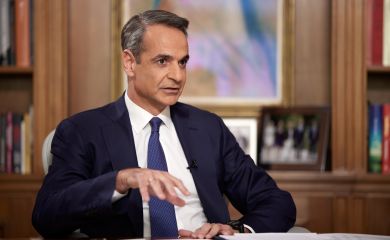


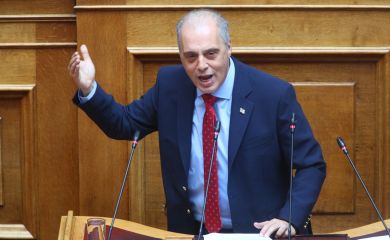
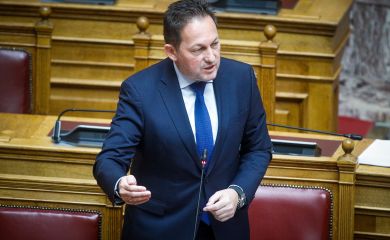

Το σχόλιο σας